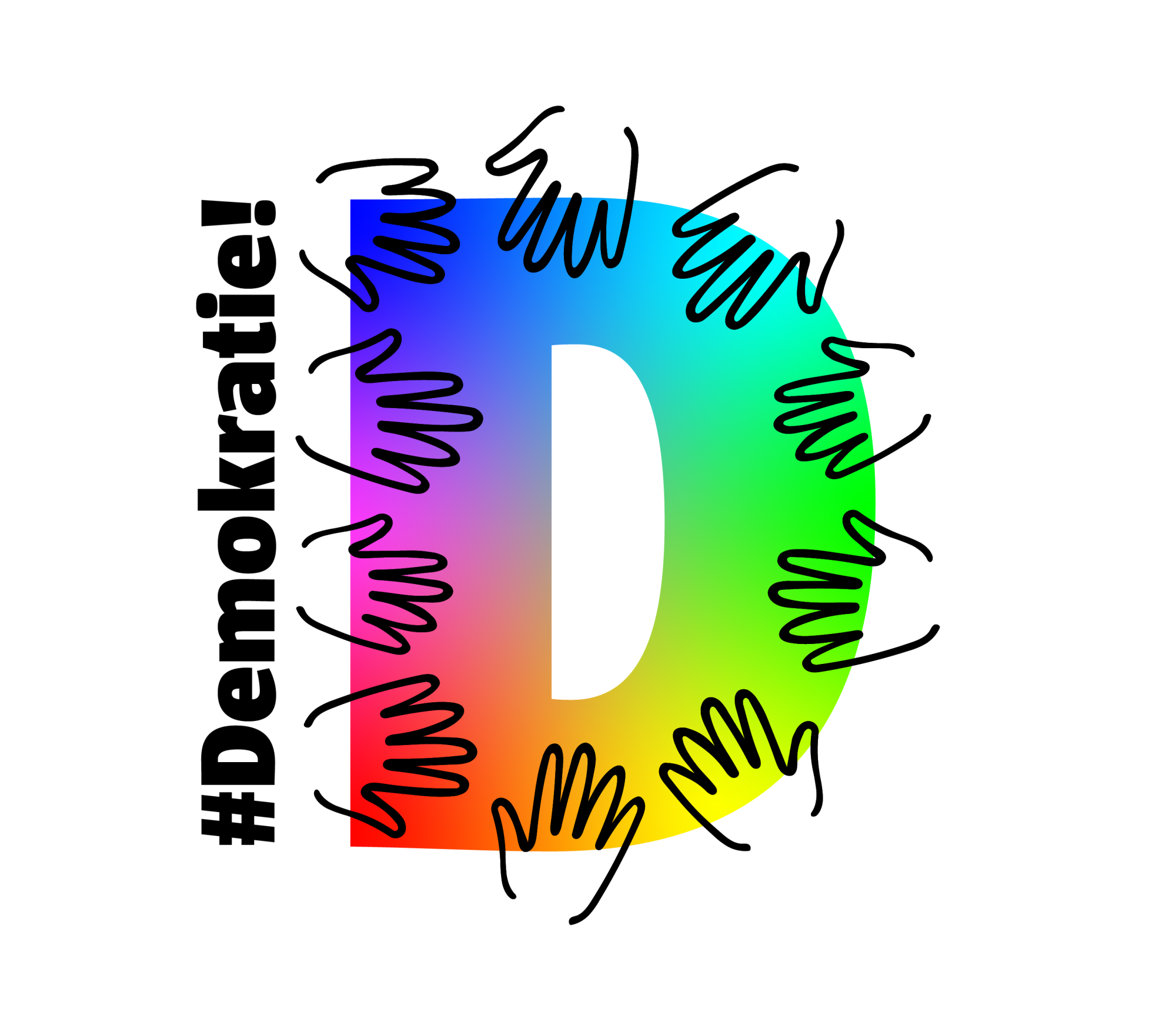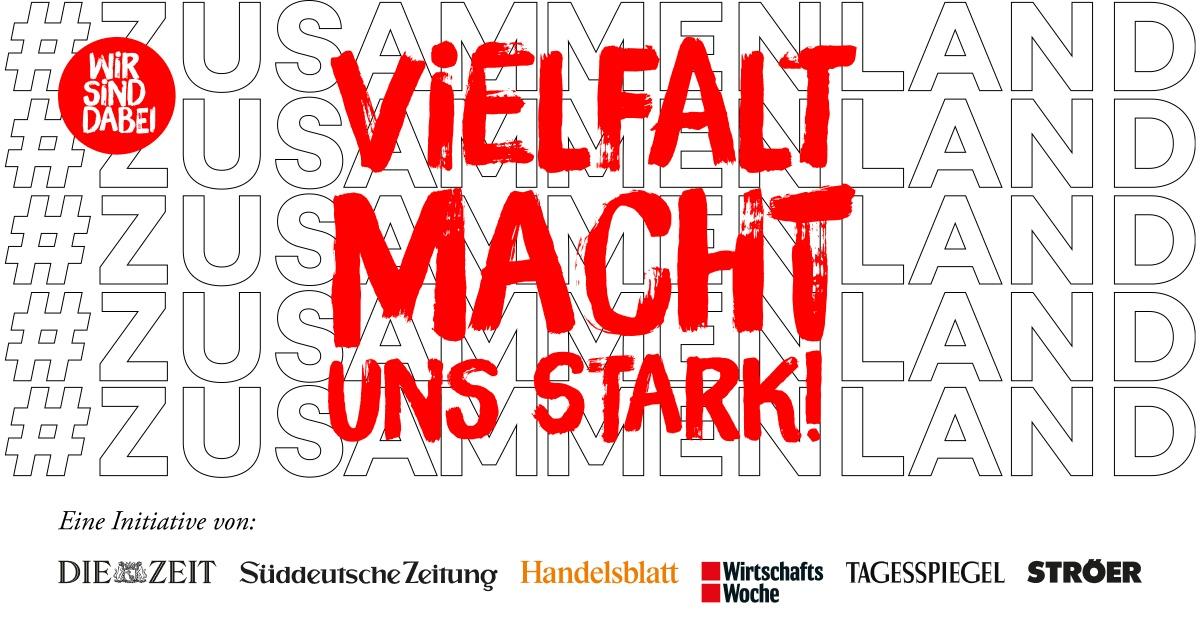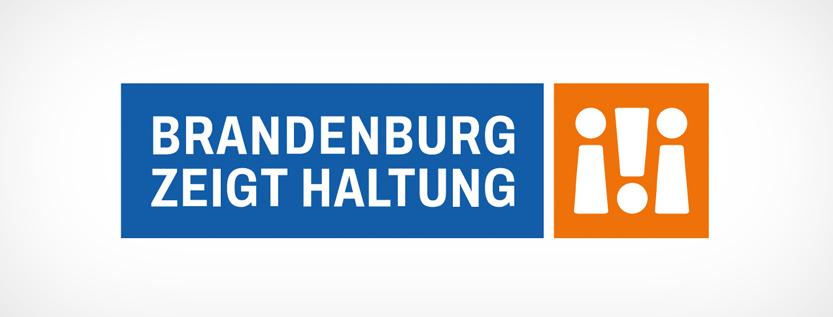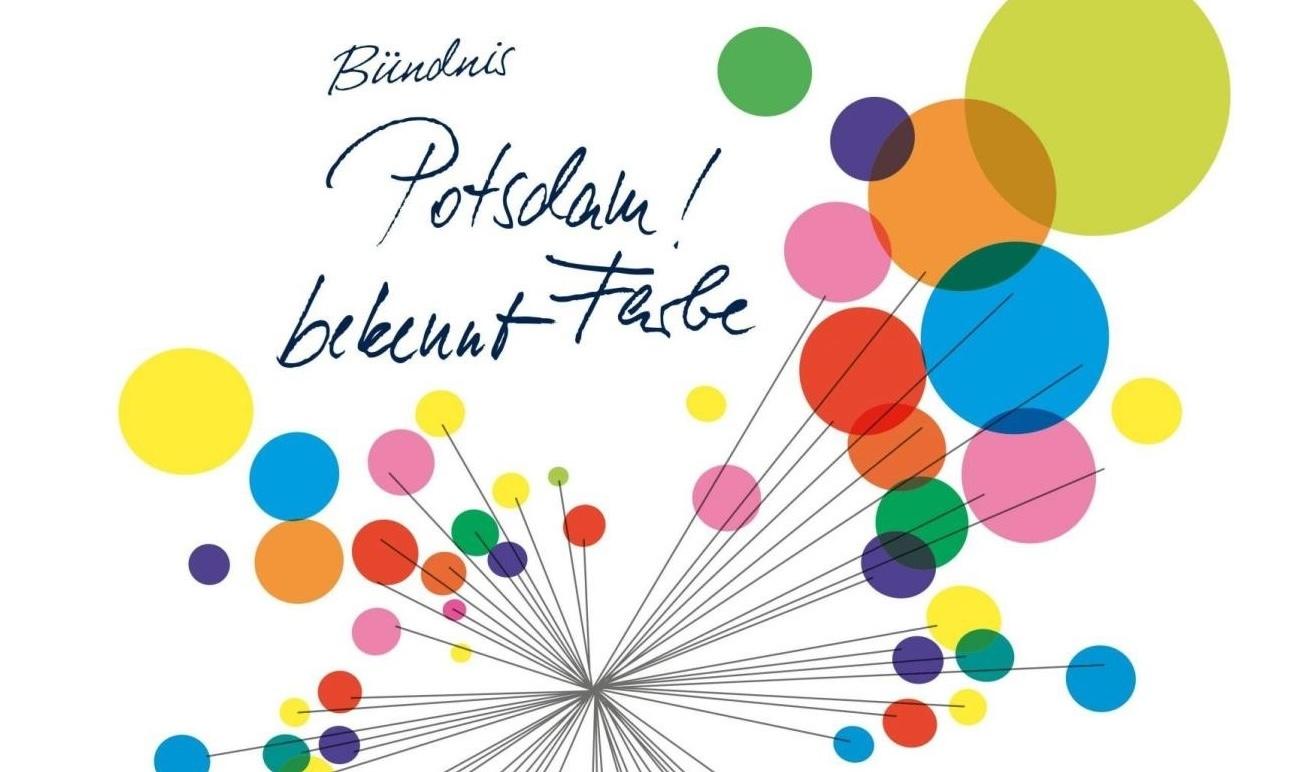#Democracy! Free Thematic Semester at the University of Applied Sciences Potsdam
FHP teaching staff and students are organising the summer semester 2024 under the motto #Democracy! With this initiative, all members of the university are invited to actively engage with issues of democracy, diversity and openness as part of courses, research projects and workshops.

#Democracy! invites you to a dialogue
The year 2024 is a year of democracy in many respects: almost half of the world's population will be called to the ballot box to elect their parliaments and governments. In Brandenburg, elections for local parliaments, the state parliament and the European Parliament are coming up. Following the revelations about a far-right meeting in Potsdam, millions of people in Germany took to the streets in favour of democracy in the first few weeks of the year. The issue of democracy has taken on an acute urgency in a very short space of time. This topic is also reflected in the Science Year 2024, which is dedicated to the focus on freedom and invites constructive dialogue between science and society.
At the University of Applied Sciences Potsdam, teaching staff and students have joined forces as part of a decentralised initiative to place the summer semester 2024 under the motto #Democracy! The themed semester invites all members of the University of Applied Sciences Potsdam to engage with democracy, diversity and openness as part of teaching and research activities. The thematic focus is voluntary for everyone and is intended to serve as a platform for inter- and transdisciplinary dialogue. The central question is: How can we protect and further develop the free democratic basic order in the face of various crises? In order to find answers to this question, specific events will be organised, existing courses will be adapted to the topic, aspects of the topic will be addressed in individual sessions of existing courses and independent projects will be initiated.
Dates
More eventsCourses
Alliances & initiatives

#Zusammenland - Diversity makes us strong
The University of Applied Sciences Potsdam is taking part in the campaign "#Zusammenland - Vielfalt macht uns stark" – a joint initiative of major German media companies.

Brandenburg takes a stand!
The University of Applied Sciences Potsdam supports the call for democracy and cohesion.

Potsdam! bekennt Farbe
The University of Applied Sciences Potsdam plans to join "Potsdam! bekennt Farbe"
Contact
The organisation team can be reached at demokratiesemester@fh-potsdam.de.